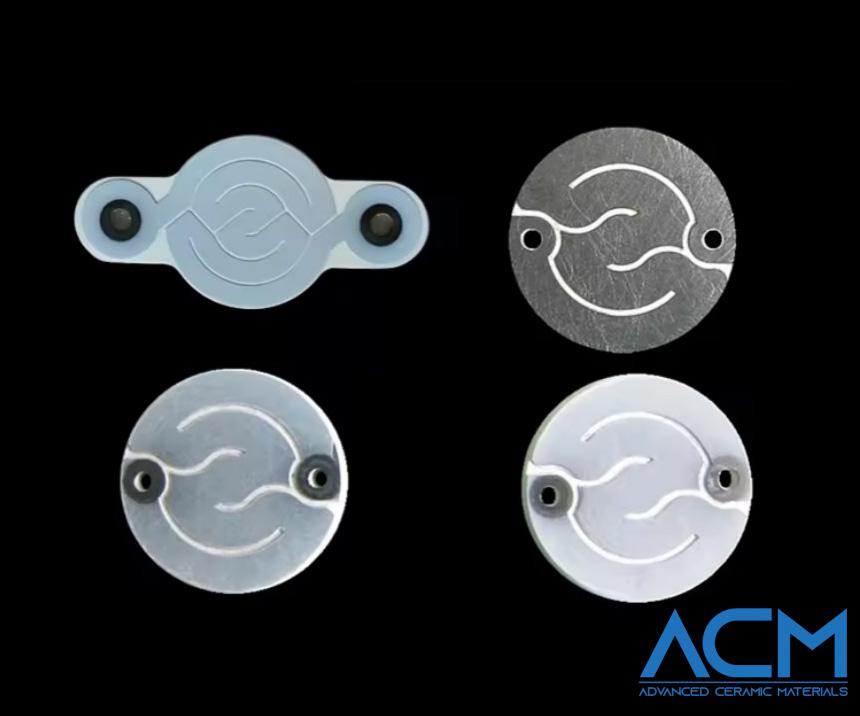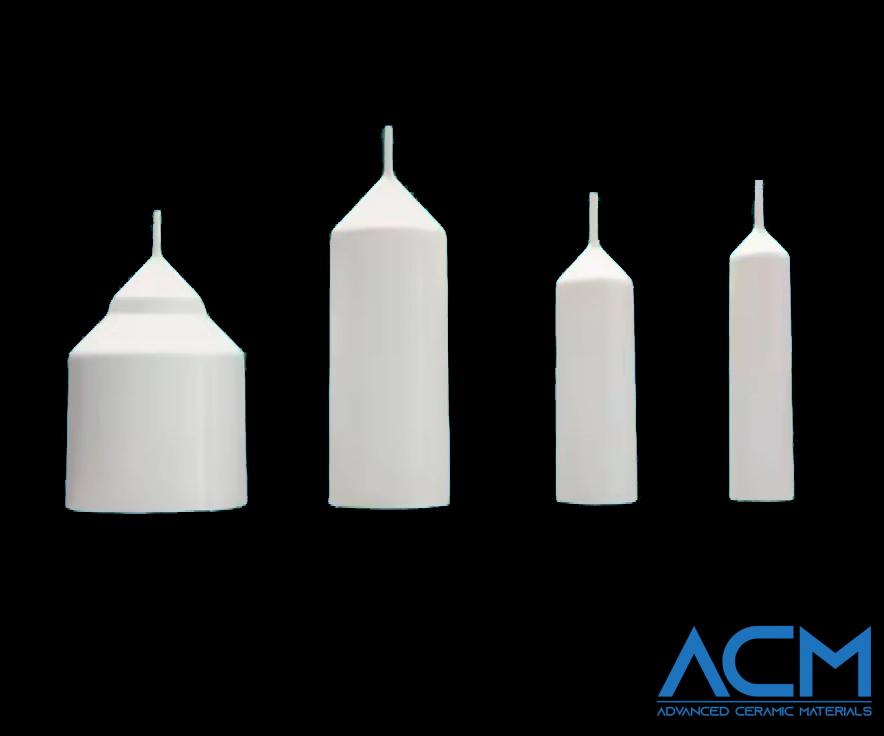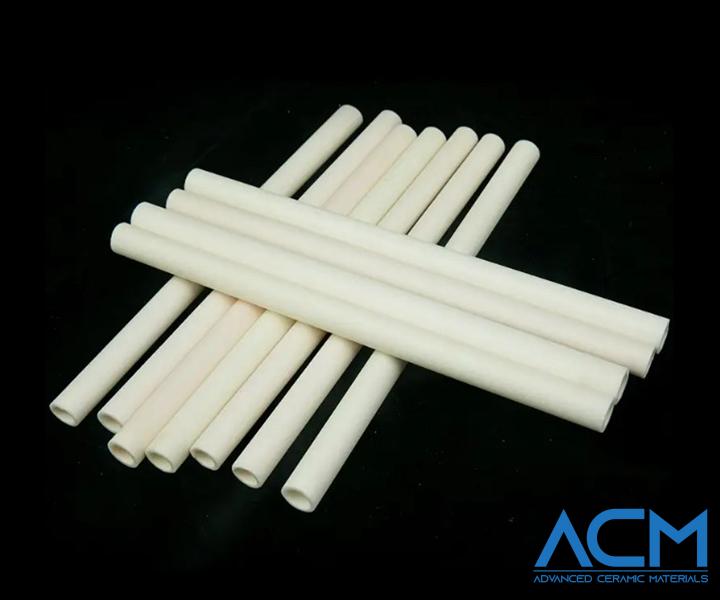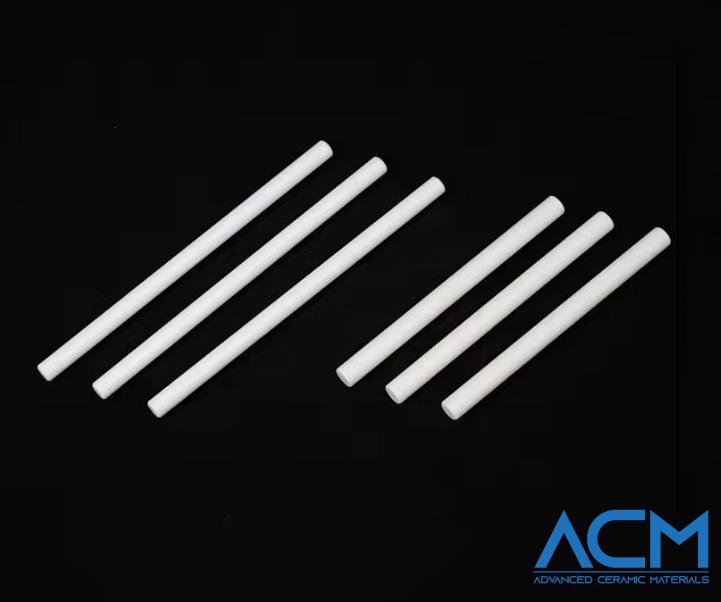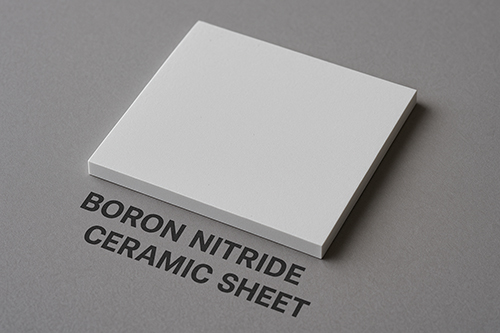What Are Structural Ceramics and Why Are They Important?
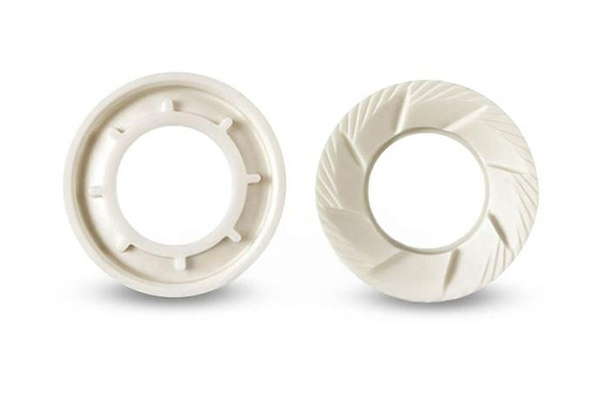
Ever wondered why the ceramic back panels of cell phones are not only aesthetically pleasing but also scratch and wear resistant? Or how structural ceramics at elevated temperatures in automobile engines increase performance and efficiency? Why are ceramic devices in medical equipment and implants particularly best positioned to enhance patient care?
These day-in-the-life-looking materials, or structural ceramics, have a significant impact in many industries. Let's get a closer insight into what structural ceramics are and why they matter.
Definition of Structural Ceramics
Structural ceramics, also known as engineering ceramics or high-temperature ceramics, are innovative materials with the potential to withstand heat, stress, and corrosive environments. They offer excellent mechanical strength, wear resistance, and chemical stability—states where metals or polymers fall short.
Because of these properties, structural ceramics are an indispensable component of new technologies and are widely applied in electronics, energy, machinery, automotive, metallurgy, chemical processing, and medicine, bringing economic and social benefits.
Structural Ceramics by Type
- Oxide ceramics: Alumina (Al₂O₃), yttria (Y₂O₃), zirconia (ZrO₂), mullite, toughened zirconia, zirconium silicate, and aluminum titanate.
- Nitride ceramics: Aluminum nitride (AlN), silicon nitride (Si₃N₄), boron nitride (BN), sialon.
- Carbide ceramics: Silicon carbide (SiC), titanium carbide (TiC), boron carbide (B₄C).
- Boride ceramics: Titanium boride (TiB₂), zirconium boride (ZrB₂).
Key Properties of Structural Ceramics
Thermal resistance: Low thermal expansion and high melting points allow ceramics to withstand sudden temperature changes without losing their shape or stability.
Strength and hardness: The dense crystal structures have high compressive hardness and strength, which allow ceramics to resist very heavy mechanical loads.
Corrosion resistance: Silicon nitride and alumina are resistant to chemical attack and are suitable for severe chemical and metallurgical environments.
Electric insulation: High insulation property and small dielectric strength prevent short circuit and leakage, hence ideal for precision or high-voltage electronics.
Wear resistance: Hardness of surface ensures longevity in abrasive conditions, such as mechanical components and cutting tools.
Applications Across Industries
Electronics: Structural ceramics are used in critical parts of processing equipment, including ceramic seals, robot arms, nozzles, and vacuum suction cups. ACM offers specially customized high-performance ceramic components to meet different needs.
Automotive: Engine parts, brakes, and exhaust components benefit from the heat and wear resistance of ceramics. Silicon nitride is used, for example, in high-performance engine components capable of withstanding excessive heat and pressure.
Medical: Wear-resistant, high-strength, and biocompatible bioceramics like zirconia are applied in medical precision components, surgical instruments, and implants, including dental restorations and artificial joints.
Mechanical Equipment: Structural ceramics that are applied in bearings, seals, and cutting tools increase efficiency of operation, reliability, and reduce maintenance costs.
Chemical and Petrochemical Processing: Ceramic-derived fillers and components enhance gas-liquid mass and heat transfer, withstand corrosion and high temperature, and provide mechanical strength, and hence are essential to industrial chemical processing.
Food and Agriculture: Chemically stable and thermally resistant ceramics find optimal use in food processing equipment and containers. Alumina and zirconia are used by grinding tools, while cordierite ceramics are found in heat-resistant cooking utensils.
Conclusion
Structural ceramics are laboring behind the scenes to alter our world. With a commitment to high-quality, high-performance ceramic components as a developer of cutting-edge material solutions, Advanced Ceramic Materials (ACM) is focused on providing integrated solutions for electronics, machinery, medical devices, and other industries—standard and custom.
{{item.content}}
LEVE A REPLY
{{item.children[0].content}}
{{item.content}}
LEAVE A REPLY
SUBSCRIBE OUR NEWSLETTER
- How PBN Crucibles Ensure the Quality of GaN & SiC Epitaxial Materials
- SiC vs. Quartz Focus Rings: A Cost and Performance Analysis for Advanced Etch
- AlN Ceramic Substrates: Enabling Next-Gen Electrostatic Chucks
- The Amor of Semiconductor Tools: Why High-Purity Al2O3 & AlN Are Preferred for Plasma Process Chambers
- Silicon Carbide - Ultra-High Temperature Ceramics for Extreme Environments









